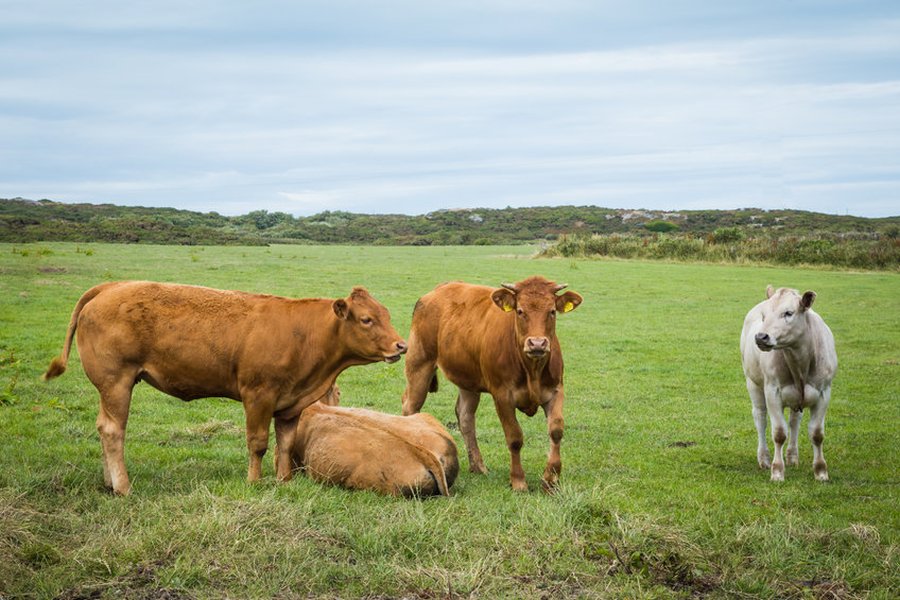Environmental blueprint launched for Welsh livestock sector

An environmental blueprint for the Welsh livestock sector has launched to help improve the sustainability of sheep and beef farmers even further.
The guide, launched by Hybu Cig Cymru – Meat Promotion Wales (HCC), aims to make the Welsh livestock sector the most sustainable in the world.
Entitled ‘Perfecting the Welsh Way’, it outlines steps – from animal breeding and fertility to grassland management and nutrition – which could help achieve major reductions in the sector’s carbon footprint.
The on-farm measures could cut direct emissions from the sheep sector by 20%, the report says.
And Welsh agriculture could make an even bigger impact through additional measures such as increasing carbon sequestration in soils and generating renewable energy.
According to HCC, Wales is already one of the most sustainable places in the world to produce red meat, with its non-intensive farming based on rainfall and grass growth which does not depend on imported feed.
The new document is aimed at helping the industry to improve further, to contribute to achieving the Welsh government’s target of net zero by 2050.
It aims to ensure that consumers are given the choice to buy the most sustainable lamb and beef possible.
A major focus in the report is grassland management. Grazed grassland, which is the large majority of agricultural land in Wales, can act as a carbon sink.
Effective management of grassland will ensure both correct nutrition for cattle and sheep, while also helping to sequester carbon from the atmosphere.
A key conclusion in the report is that there is not one ‘silver bullet’ to making the most of Welsh agriculture’s potential to contribute to mitigating climate change, but that a range of measures taken together can lead to a substantial sustainability gain.
John Richards, HCC Industry Development and Relations Manager said: “Through this practical guide, we can see that there are a wide range of improvements that farm businesses can make.
“Many of them being real ‘win-win’ initiatives that both help the environment and make farms more efficient and profitable.
“There are already some genuinely world-leading sustainability initiatives taking place on Welsh family farms.
“By extending this best practice to the whole sector, we can make a real difference and help meet the sector’s obligations to mitigating climate change.”
Many of the measures contained in the report are based on research projects being undertaken by HCC in conjunction with universities, project partners vets and farmers.
Beef and sheep farmer Aled Picton Evans takes part in both HCC’s Red Meat Development Programme and the UK-wide research project GrasscheckGB.
At his farm in Carmarthenshire, improvements have been made which both benefited the business and lowered its carbon footprint.
Effective soil and grassland management, maximising animal health and efficiency are key to the system, according to Aled.
“Our ultimate aim is to get as much output from grazed grass as we possibly can, to ensure the quality of production while minimising costs and reducing emissions,” he said.
“Soil health helps carbon sequestration, and when this is taken into account net emissions can be half the average for a beef enterprise.”








